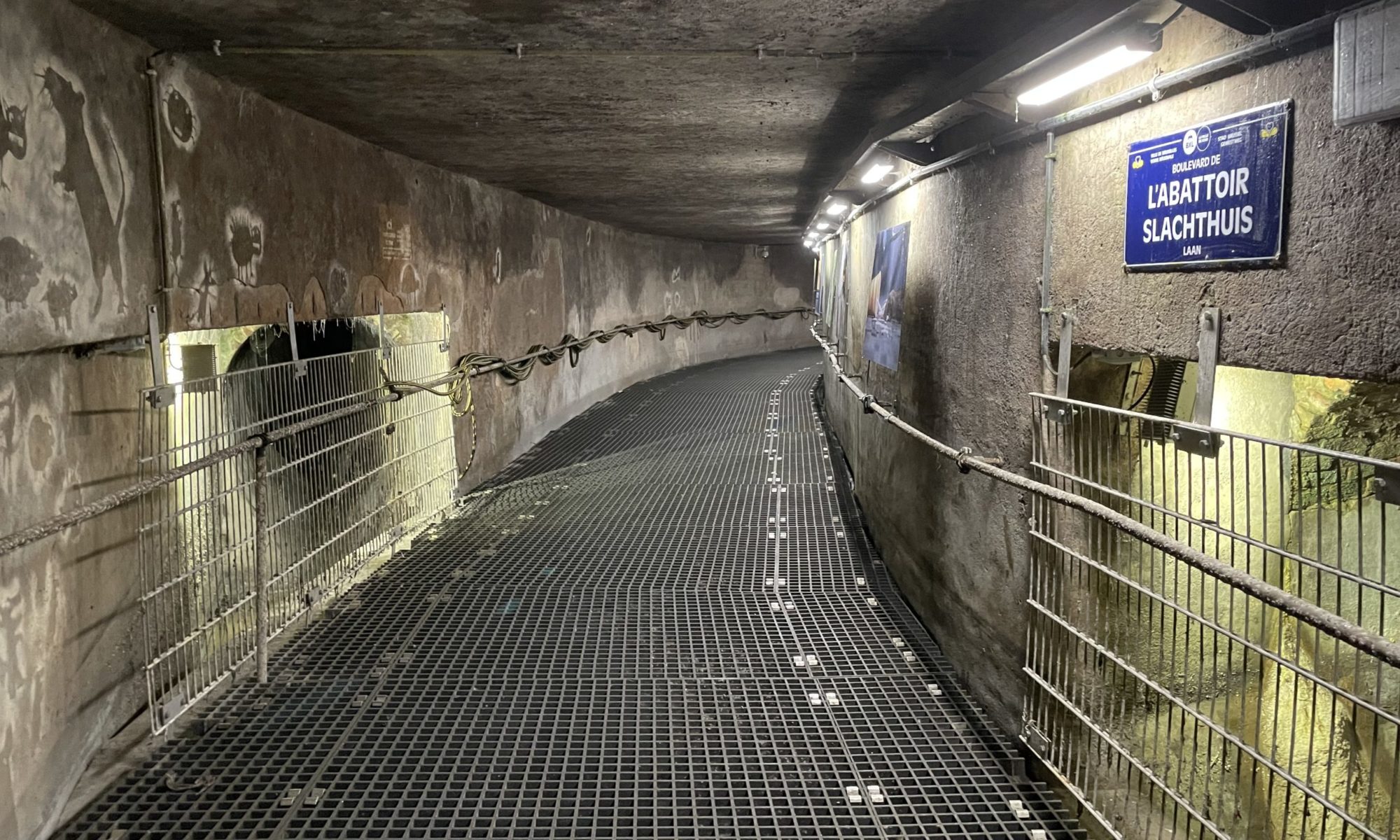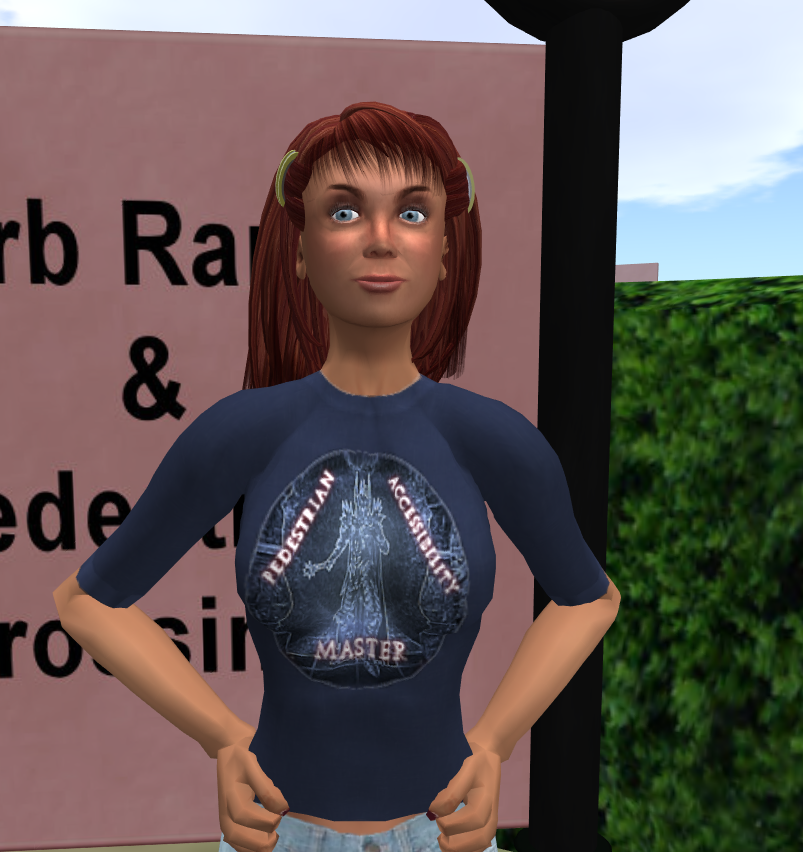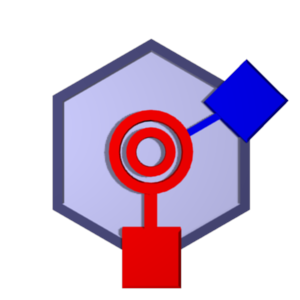The idea of performing an online task and receiving a "real" reward is nothing new. People can take advantage of coupons and deals on Foursquare just by checking into a store. And some sites donate to charities based on a person's online activity. But I keep wondering if people would be interested in having this idea expanded to reward someone "offline" with the same exact reward they earned online – particularly in the workplace.
For example, let's take one of my favorite companies, East Jordan Iron Works, and imagine they have set up a 3D environment that visitors to their website can log into and explore with an avatar. Perhaps they have created a world full of manhole and inlet frames, tree grates, detectable warnings and other products they carry. In this 3D space, they have established "games" my avatar can play that illustrate the benefits and uses of their product. Perhaps some of the "games" can even help teach an engineer like myself how to best approach the entire process of selection, design, specification, bidding, and construction of their products. Throughout the experience, I am asked for input that helps them better understand my needs, expectations, and opinions of their product as a potential customer. Then at the end, my avatar is rewarded with a t-shirt with an awesome design. If the t-shirt is really cool (particularly if it has something to do with a sewer!) and proclaims I conquered some challenge, then I am going to want that t-shirt offline so my achievement is displayed by both my avatar and my actual person.
Thinking along these lines, I decided to experiment with this concept. When I created the 3D ADA Toolkit for Local Government, I set up rewards in the virtual setting so a person can receive a t-shirt for their avatar when they complete certain sections. The symbol on the shirt proclaims them a master of that topic. Then I went out to a site like Zazzle and set up the same t-shirt on that site. Below is an example of the result. It's a very simple implementation of the concept and could be expanded to items other than t-shirts. And although I know this is something I would be interested in, I was curious to find out what others thought of this idea.
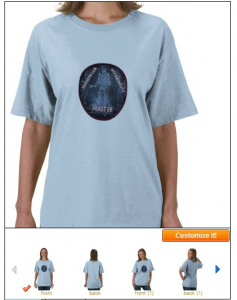 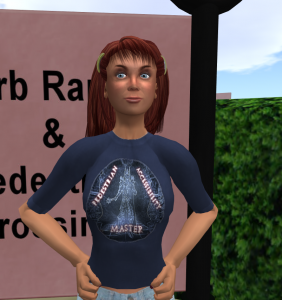 |
